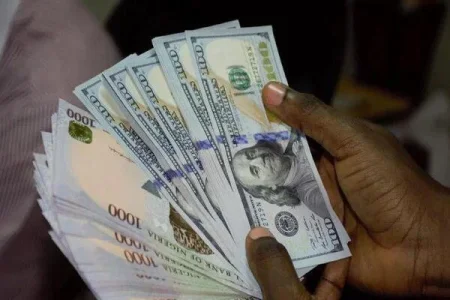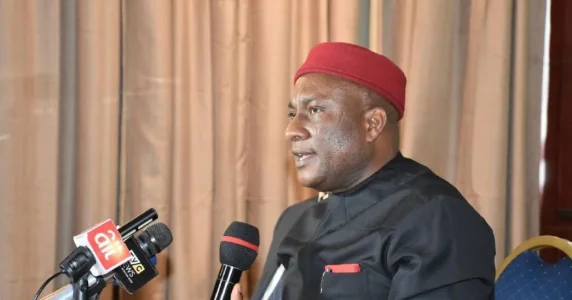
The Nigerian Naira hit a historic low against the US dollar on Tuesday, causing concern in financial circles. Official figures reveal that the Naira closed at N1,482.57 per $1, showing a significant 10% drop from the previous day.
The situation worsened in the unofficial market, where the dollar was being exchanged at a higher rate of N1,491.00 per $1, widening the gap between the official and unofficial markets to N8.4.
The Central Bank of Nigeria (CBN) responded swiftly, attributing the Naira's decline to a lack of available dollars. To ease the situation, the CBN injected $64.44 million into the aviation sector to clear outstanding payments owed to foreign airlines. This move brings the total amount disbursed to the aviation sector to $136.7 million.
However, concerns persist about the root causes of the Naira's depreciation. The CBN emphasized its commitment to addressing the issue, cautioning against the spread of inaccurate information by traders. The central bank aims to maintain a transparent market and warned against market manipulation.
As the country grapples with the impact of the Naira's decline, attention is focused on the central bank's ongoing efforts to stabilize the currency and address broader economic challenges. Policymakers face increasing pressure to implement effective measures, highlighting the urgent need for a coordinated response to address Nigeria's economic issues.




